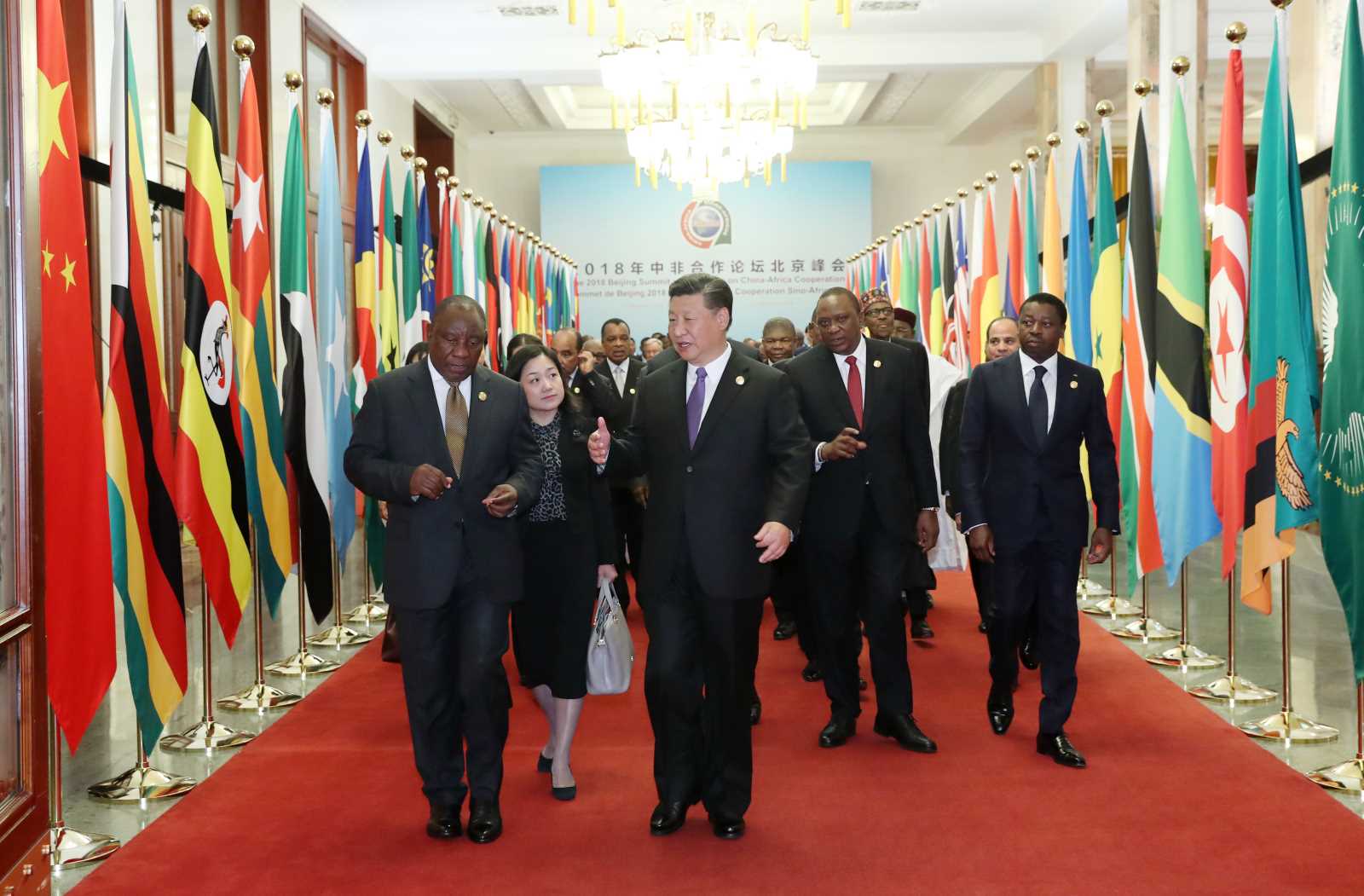Political foundations
Promoting democratic values

They are: the Friedrich Ebert Foundation (Social Democrats, SPD), the Friedrich Naumann Foundation (Free Democrats, FDP), the Hanns Seidel Foundation (Bavarian Christian Democrats, CSU), the Heinrich Böll Foundation (Alliance 90/the Green Party), the Konrad Adenauer Foundation (Christian Democrats, CDU) and the Rosa Luxemburg Foundation (the Left Party). The right-wing populist Alternative for Germany (AfD), which won seats in the Bundestag for the first time in October this year, has announced plans to nominate a foundation to receive funding, as well. In order to qualify for public funding, however, the party would have to be elected to the Bundestag for a second term.
The political foundations work to promote people’s civic participation, support young academic talents with scholarships and support the development of democracies abroad. Most have headquarters in the capital Berlin with branch offices in Germany’s federal states as well as in every world region. The foundations are tasked with offering socio-political and democratic education, providing information and policy analysis at home and abroad. They seek to build on the principles of liberal democracy and adhere to the basic tenets of solidarity, subsidiarity and tolerance in all their activities.
In practice, the foundations work – often in cooperation with selected partners – to provide civic education and encourage people’s active involvement in public affairs. They support scholarship and research, as a basis for political action. Moreover, they conduct historical research into the development of parties and political movements. Like think tanks, they prepare political analyses, empirical studies and informational material on a range of topics. They also work to preserve art and culture and award scholarships and grants to young people. Abroad, information transfer and international exchange aim to help to promote understanding between peoples. They support international development, based on the rule of law and democratic standards.
From an international perspective, Germany’s political foundations are unique. They are a legacy of the young Federal Republic, which, after the Second World War, was determined to learn the lessons of the failure of the Weimar Republic (1918–1933). The political foundations were established – or in the case of the Ebert Foundation re-established – with the hope that they would help to stabilise German democracy. Their mission was to carry the political parties’ democratic values out into civil society and promote democratic culture.
Although each foundation is politically associated and close to a political party, they are legally and financially independent and free to organise and select partners and staff as they see fit. They act autonomously in a spirit of openness, transparency and accountability. The foundations determine how to contribute to public debate and select the locations of their offices abroad independently. As non-profit organisations, they receive public funding from the Federal Foreign Office as well as the Federal Ministries of the Interior, Education and Research, and Economic Cooperation and Development. The level of funding for the political foundations is determined during budget negotiations and adopted as part of the federal budget. Public funding is meant to ensure the foundations’ independence and accountability, as well as to allow for longer-term planning. They are, however, bound by clear regulations on how to spend their funds. (bu)










